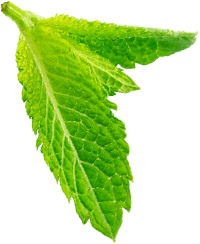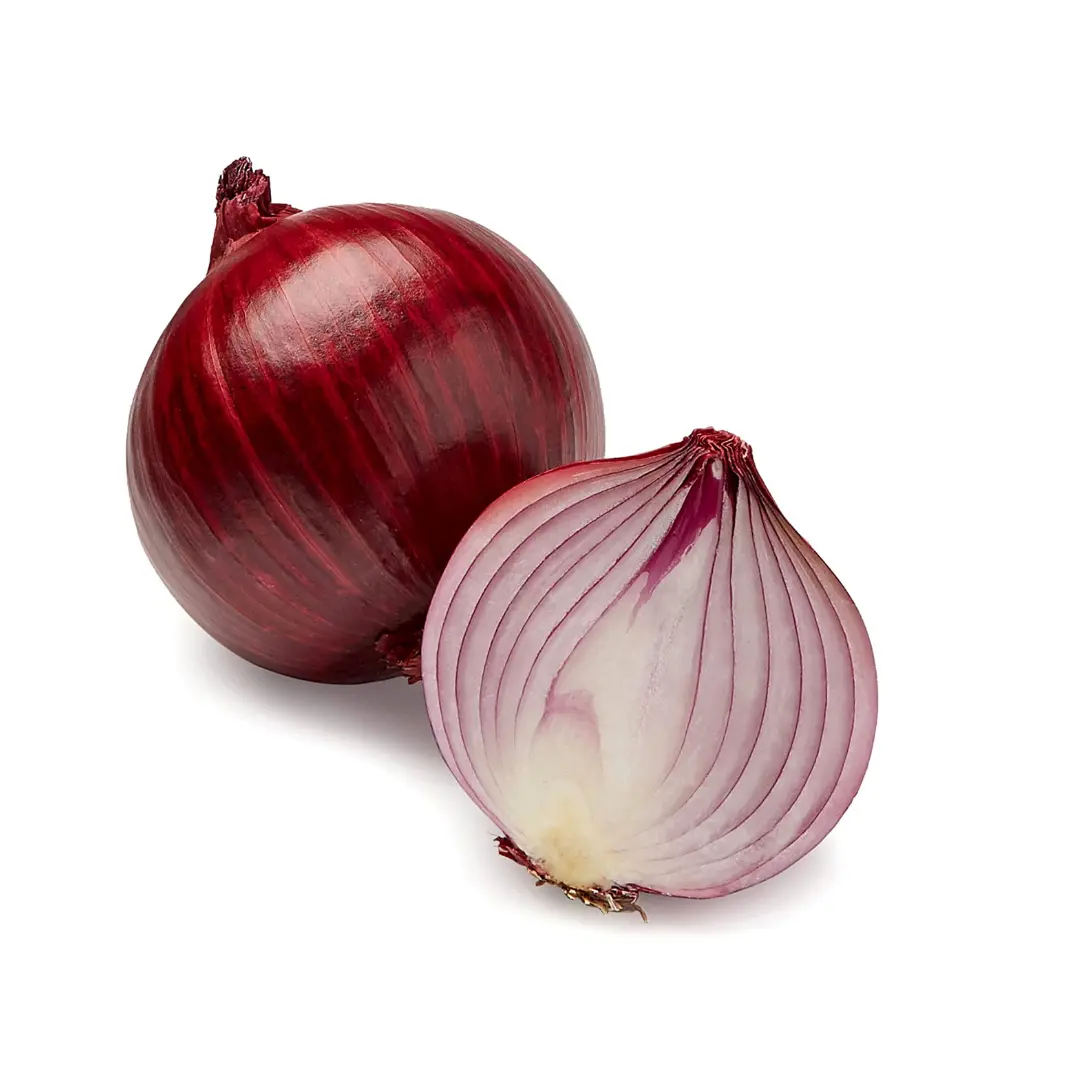Office No 1 & 2, Michael Apartment,Vasai West

Cabbage
Cabbage is a highly nutritious and versatile cruciferous vegetable, boasting low calories, fat, and sodium content. It offers a wealth of essential vitamins.
Nutritional Values:
| 25 kcal | Calories |
|---|---|
| 0 mg | Cholesterol |
| 1.3 gram | Protein |
| 0.5 mg | Iron |
Description:
Cabbage, a widely consumed cruciferous vegetable, boasts an array of health benefits and nutritional value that make it an excellent addition to any international supermarket or grocery store. With only 25 calories per 100 grams, cabbage proves to be a low-calorie option for health-conscious customers seeking to maintain a balanced diet.
In terms of fat content, cabbage is exceptionally low, with just 0.1 grams per 100 grams, making it an attractive choice for those looking to limit their fat intake. Furthermore, it contains zero saturated and trans fats, making it heart-healthy and suitable for customers concerned about cardiovascular health.
This versatile vegetable is also cholesterol-free, making it a suitable option for individuals who need to watch their cholesterol levels. For customers mindful of their sodium intake, cabbage presents an ideal solution, as it contains only 18 milligrams of sodium per 100 grams, which contributes to maintaining healthy blood pressure levels.
As for carbohydrates, cabbage offers 5.8 grams per 100 grams, with a substantial portion coming from dietary fiber, amounting to 2.5 grams. Dietary fiber plays a crucial role in promoting digestive health and supporting regular bowel movements. Additionally, cabbage contains 3.2 grams of natural sugars, making it a naturally sweet and nutritious choice for consumers.
When it comes to protein, cabbage contains 1.3 grams per 100 grams, contributing to the overall protein intake of customers who may be seeking plant-based protein sources.
In terms of essential vitamins and minerals, cabbage shines as a nutrient-rich option. It is an excellent source of Vitamin A, providing 98 micrograms per 100 grams. Vitamin A is vital for maintaining healthy vision, immune function, and skin health. Moreover, cabbage is a rich source of Vitamin C, with 36.6 milligrams per 100 grams, supporting immune function and acting as a powerful antioxidant to combat free radicals.
For customers seeking to maintain strong bones and teeth, cabbage offers 40 milligrams of calcium per 100 grams. Additionally, it contains 0.5 milligrams of iron, which is crucial for preventing iron deficiency and promoting red blood cell production.
Not to be overlooked is the potassium content of cabbage, which amounts to 170 milligrams per 100 grams. Potassium aids in maintaining healthy blood pressure levels and supporting nerve and muscle function.
As international supermarkets and grocery stores strive to offer diverse and nutritious options to their discerning customers, incorporating fresh and vibrant cabbage into their produce section can undoubtedly be a prudent choice. With its low calorie, fat, and sodium content, along with its wealth of vitamins and minerals, cabbage presents itself as a nutritional powerhouse and an appealing choice for health-conscious consumers around the world.
Additional Information
In addition to its impressive nutritional profile, cabbage comes in various types, such as green, red, Savoy, and Napa cabbage, each offering unique flavors and textures to cater to diverse culinary preferences. This vegetable's versatility makes it suitable for various cooking methods, including steaming, sautéing, roasting, and pickling. It also serves as a staple ingredient in popular international dishes like coleslaw, kimchi, sauerkraut, and stir-fries.
Rich in antioxidants, cabbage helps combat inflammation and oxidative stress, contributing to overall well-being. Moreover, its high water content ensures hydration and aids in weight management. As an affordable and accessible vegetable, cabbage continues to be a staple in global cuisines, promoting a balanced and healthy diet.
